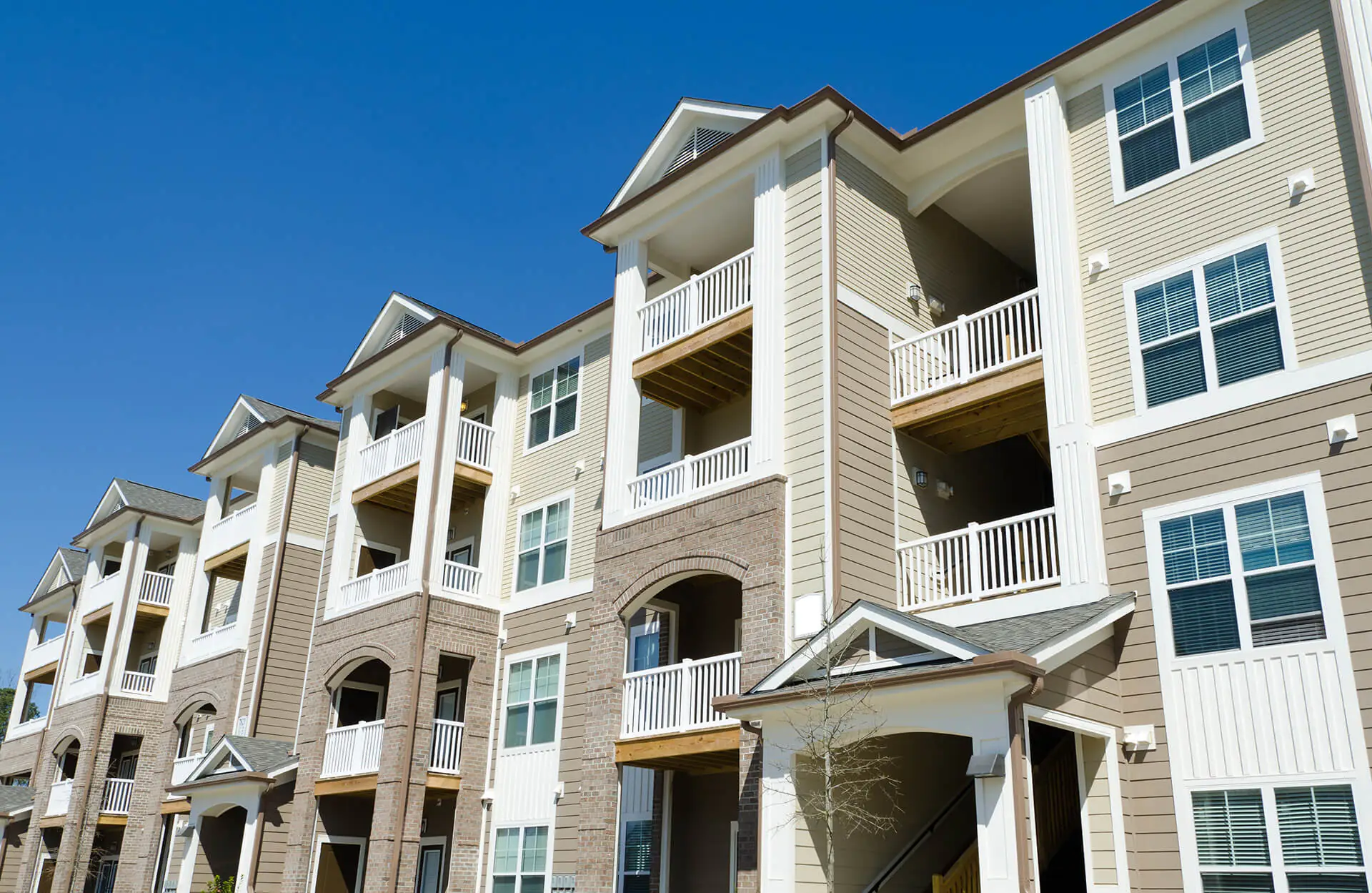
Our Specialties
Skilled Nursing
A skilled nursing facility is a healthcare institution with at least one doctor and one full-time registered nurse (though facilities will often have more than this on staff at any given time), provides 24-hour nursing care, and has a place to store and dispense medication. The staff at skilled nursing facilities also help with meals and personal hygiene.
Patients are often removed to a skilled nursing facility upon release from the hospital so that they can recover or heal from an injury, illness, or surgery. They will remain at the skilled nursing facility until they are well-enough to go home. Skilled nursing facilities usually meet the criteria for Medicare and Medicaid reimbursement, making this type of care an option for many patients.
Skilled Nursing Services
In addition to basic nursing care, skilled nursing facilities also provide other types of health services. These include, but are not limited to:
- Physical Therapy
- Occupational Therapy
- Speech Therapy
While skilled nursing facilities offer several types of therapy, they also offer specialized care for patients dealing with certain conditions. These can include:
- Stroke Recovery – helping patients regain motor skills
- Parkinson’s Disease Care – not all facilities offer this service; be sure to check in advance
- General Wound Care – delivers antibiotics for wound care and helps make sure wounds do not get infected
- Acute Medical Conditions – offers services to deal with an injury, illness, or infection
Skilled Nursing Facility vs. Nursing Home
Though the two names are frequently used interchangeably, they are in fact quite different.
A nursing home is often a permanent residence for those who cannot care for themselves but who are not ill enough to require hospitalization. Residents receive 24-hour care, as well as room and board. While certified health professionals are available around the clock, it is not guaranteed that a registered nurse or doctor will be there for that duration. Federal law requires that one registered nurse must be on duty for at least 8 hours per day, 7 days per week. There must be either a Registered Nurse (RN) or a Licensed Practical Nurse (LPN) on duty for 24 hours each day. Nursing homes routinely have special wings dedicated to the needs of Alzheimer’s and dementia patients.
Skilled Nursing vs. Assisted Living
Assisted living options are for those seniors who do not need around the clock medical care. While they require assistance with basic needs, they can live largely independently. Assisted living facilities regularly provide a permanent residence for seniors, while most skilled nursing facilities only permit temporary stays while a patient recovers enough to return home.
Benefits of a Skilled Nursing Facility
The services patients receive at a skilled nursing facility are crucial to their recovery. This is often referred to as transitional care because it follows hospitalization and lasts until patients improve enough to go home.
Skilled nursing facilities are beneficial for distinct reasons:
- 24/7 Healthcare services
- Nurses and staff are continuously on hand to help, should problems arise
- The offer of physical activity – exercise is often key to recovery; the SNF will offer different exercise options depending on a patient’s condition
- Access to social interaction – being social also helps a patient’s recovery, so social activities are usually included in the daily schedule